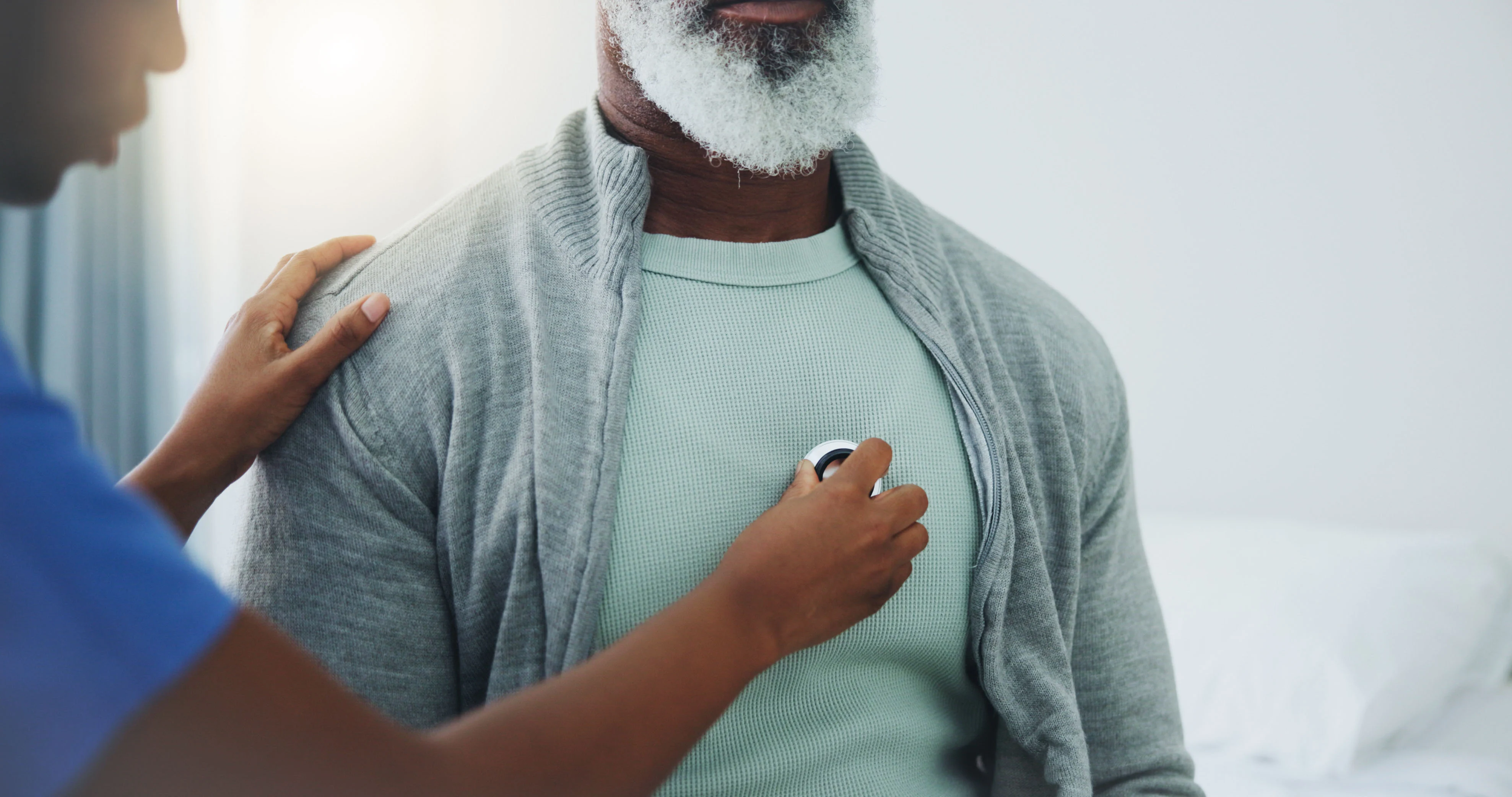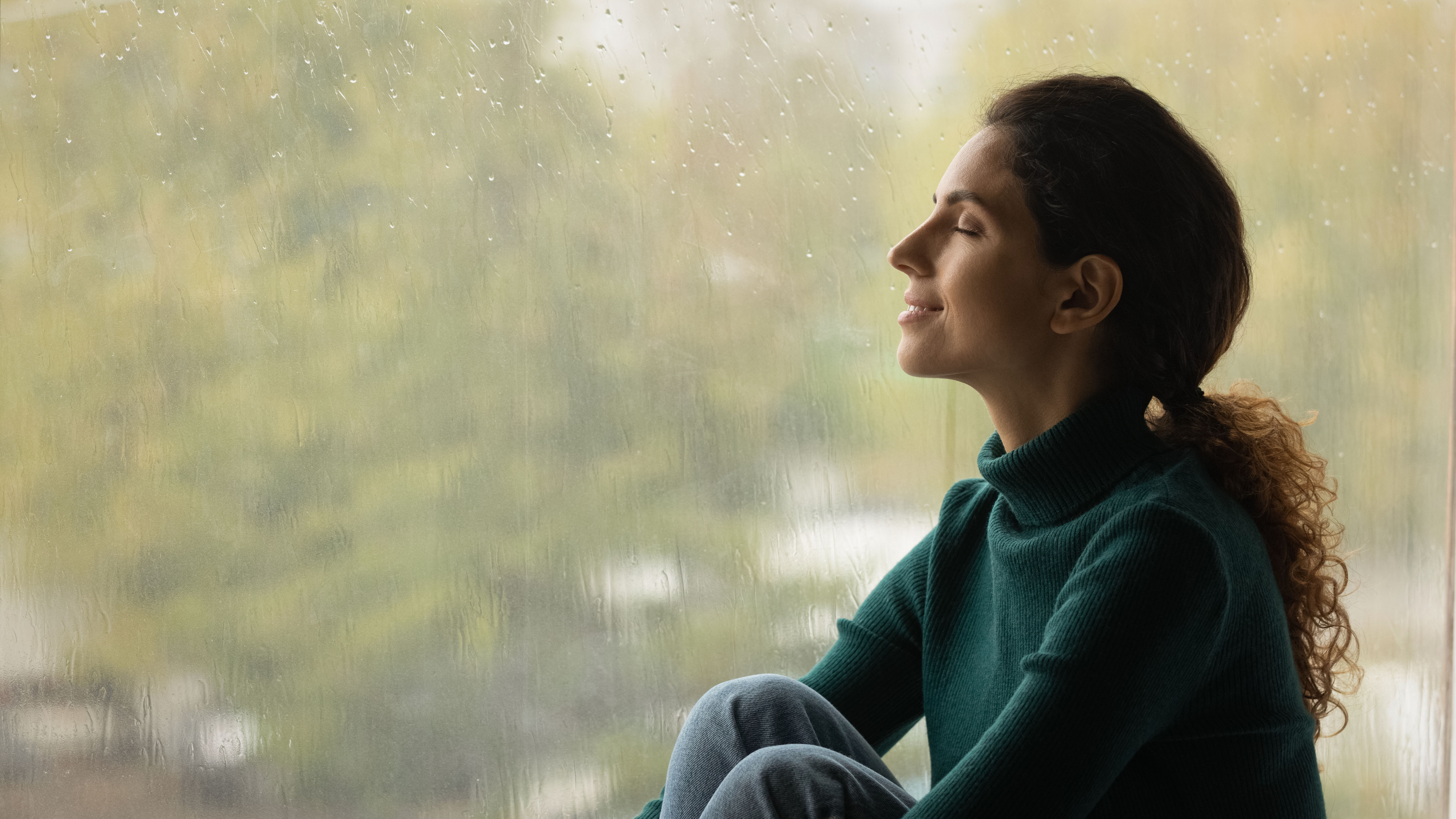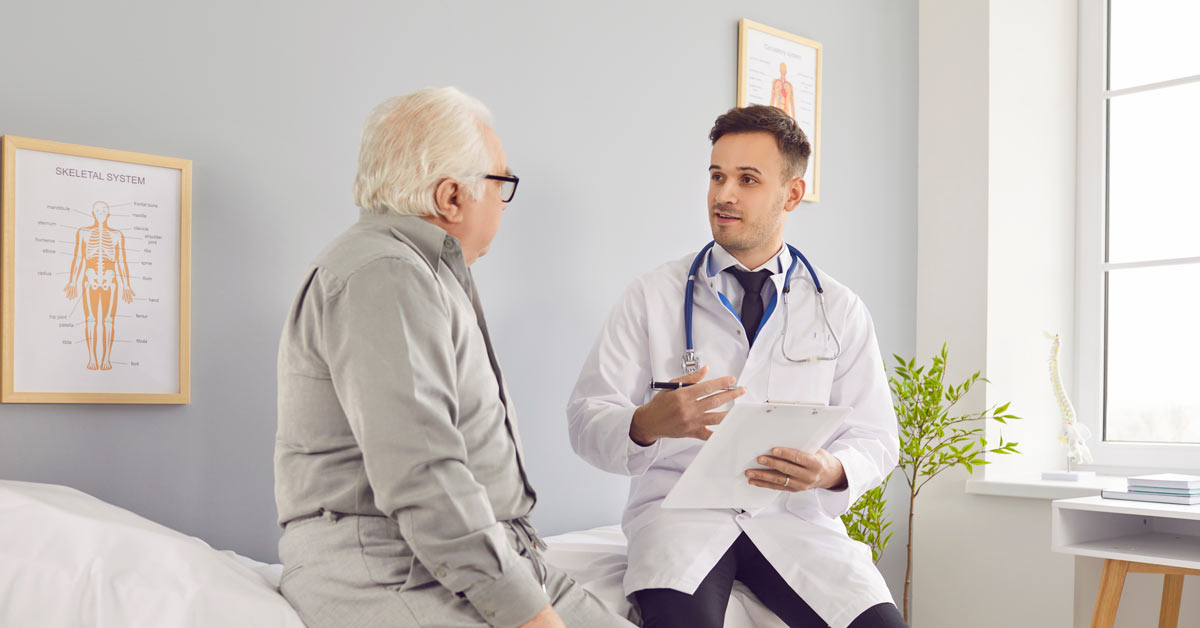Sleep apnea comes in varying degrees of severity and from a variety of causes. Before treatment can begin, the patient must get a proper diagnosis.
How Do I Know If I Have Sleep Apnea?
A doctor who suspects you have sleep apnea may ask questions, such as the following to learn more about your condition:
- What is your typical sleep schedule?
- Do you take any medications to help you sleep?
- How long does it take for you to fall asleep?
- How much sleep do you think you get each night?
- Has anyone told you that you snore?
- Have you ever been jolted awake of felt “panicky” when you awake?
- How do you feel when you wake up?
- Has anyone in your family had a sleep disorder?
Testing for Sleep Apnea
If you and your doctor suspect that you may have sleep apnea, he or she may first refer you to a Sleep Disorders Center for an overnight sleep test called a polysomnogram (PSG).
Sleep Disorders Centers and Testing
Sleep Disorders Centers are staffed by physicians and technicians specifically trained in sleep disorders medicine. The physicians who direct the sleep labs are usually pulmonologists or neurologists.
Pulmonologists deal primarily with the lungs and airways and are therefore well suited to help patients who have problems breathing while they are asleep. Neurologists have experience reading electroencephalograms (EEGs) and are therefore able to identify sleep stages and associated abnormalities.
In some instances a psychiatrist, anesthesiologist, or ear-nose-throat surgeon may also be involved with diagnosing sleep disorders.
Sleep Disorders Centers are located within hospitals or at independent ambulatory centers. Study rooms are equipped with computerized systems for data collection and recording.
You sleep overnight at a sleep laboratory while special equipment records your brain waves, oxygen levels, heart rhythm, eye and leg movements, and airflow. A sleep specialist then interprets the results.
The usual tests include:
- Electroencephalogram (EEG)
- Electrocardiogram (EKG)
- Pulse oximetry
Proper diagnosis will usually require the use of an airflow sensor, respiratory effort sensors, a body position sensor, a microphone, and a video camera. These devices record many different values while you sleep. After the sleep test is over, your physician will review the measured values and may diagnose you with sleep apnea or Obstructive Sleep Apnea (OSA).
Home Sleep Testing
Some people can do a Home Sleep Test (HST). A home monitor can be used to record heart rate, how air moves in and out of the lungs, the amount of oxygen in the blood, and breathing effort.
Sleep Test Results
Sleep study results will reveal valuable information about your condition, such as:
- How often you wake up
- How long you spend in each sleep stage
- If you stop breathing or have trouble breathing
- If you snore
- Your body position and limb movements
- Unusual bran activity patterns
With this information, your doctor can prescribe the most effective treatment for you.

.png)



